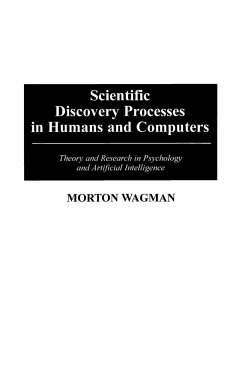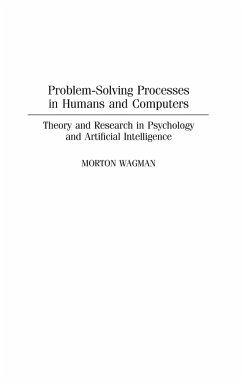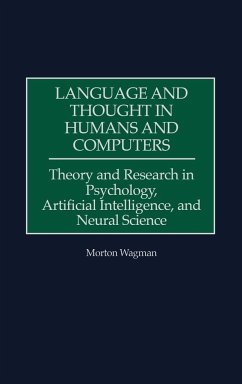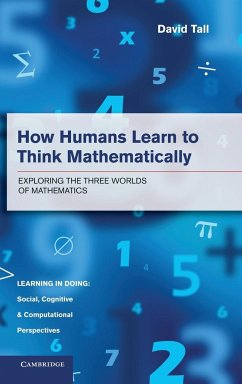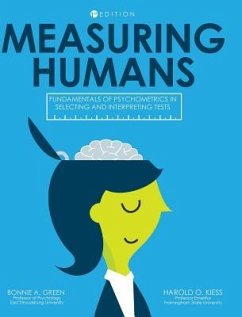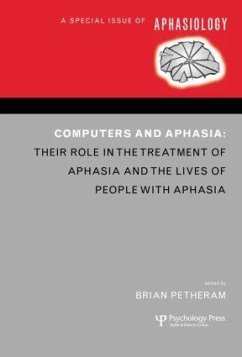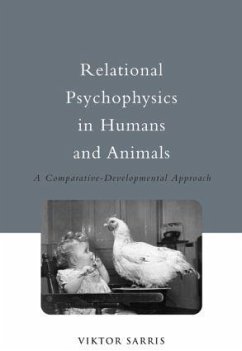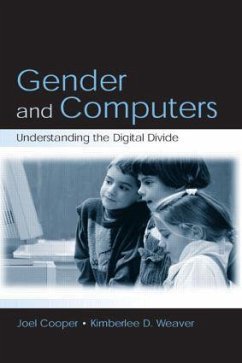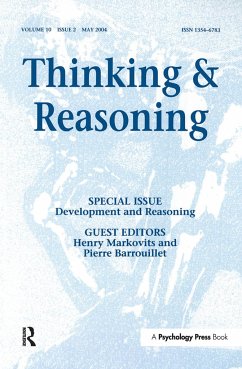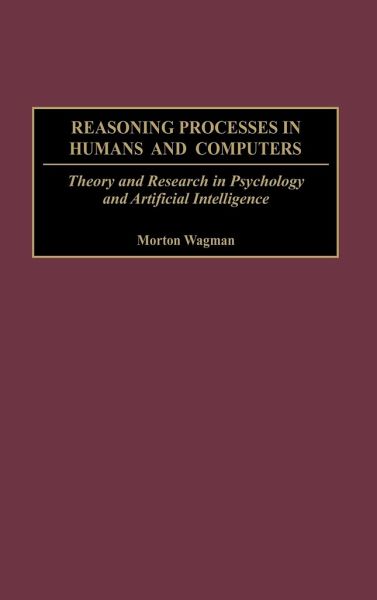
Reasoning Processes in Humans and Computers
Theory and Research in Psychology and Artificial Intelligence
Versandkostenfrei!
Versandfertig in 1-2 Wochen
88,99 €
inkl. MwSt.

PAYBACK Punkte
44 °P sammeln!
Advancing research in artificial intelligence is creating reasoning systems that increasingly emulate or surpass the power of human reasoning. This volume presents a critical analysis of current theory and research in psychological and computational sciences addressing reasoning processes. Distinguished from narrowly technical books on the one hand, and from general philosophical books on the other, this work gives a broad, structured, detailed, and critical account of advancing intellectual developments in theories on the nature of reasoning. Of special interest is the conclusion that artific...
Advancing research in artificial intelligence is creating reasoning systems that increasingly emulate or surpass the power of human reasoning. This volume presents a critical analysis of current theory and research in psychological and computational sciences addressing reasoning processes. Distinguished from narrowly technical books on the one hand, and from general philosophical books on the other, this work gives a broad, structured, detailed, and critical account of advancing intellectual developments in theories on the nature of reasoning. Of special interest is the conclusion that artificial intelligence reasoning systems are deepening and broadening theories of human reasoning. A unified theory of intelligent reasoning encompassing natural and computational systems is an important current objective of cognitive science. Reasoning systems such as the CHARADE program, which simulates the course of inductive reasoning leading to medical discoveries, and the CONSYDERR program, which executes the robust theory of common sense reasoning, are important demonstrations of the feasibility of a unified theory of human and artificial intelligence.





